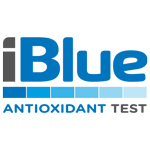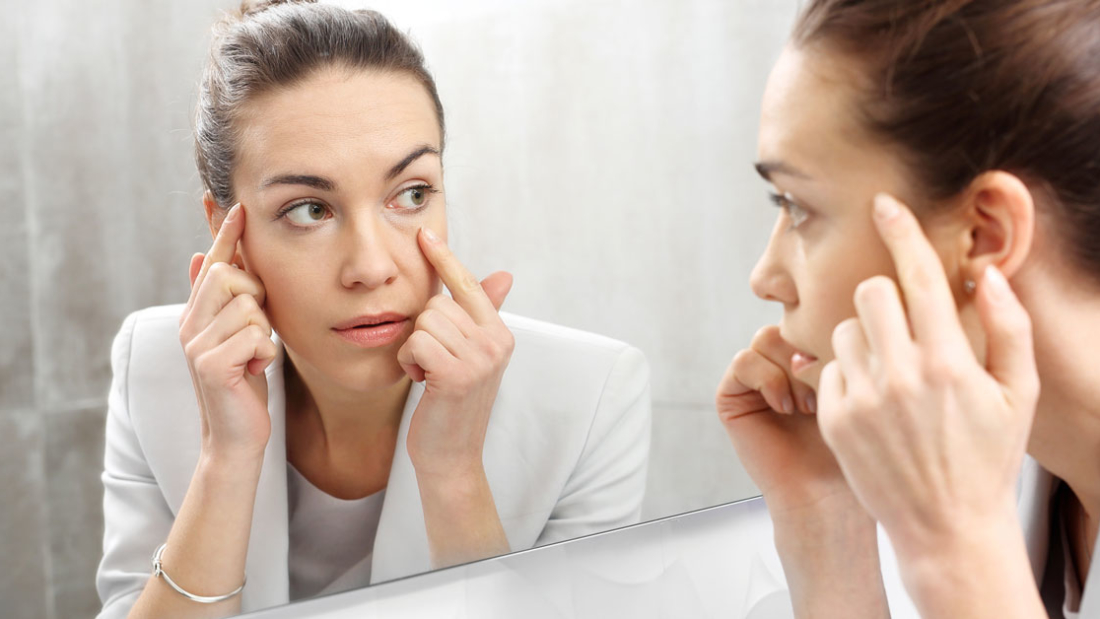Wrinkles, liver spots, sagging skin and dryness are just some of the typical signs of skin ageing. Excessive free radicals can accelerate it! You need to act promptly, above all by checking the efficacy of your antioxidant defences.
There comes a time for us all when we look in the mirror and notice that something about our face is changing. It may come sooner or later, but it will come. Our skin slowly becomes rougher and looser, developing age spots and wrinkles, and our complexion loses its luminosity. Farewell, splendour of youth…
Let’s make one thing clear. Skin ageing is a completely natural process, written in our genes: “chrono-ageing” is inevitable. However, it may manifest prematurely, as skin senescence is accelerated by various factors, starting with an uncontrolled rise in free radicals. If present in large amounts, these unstable reactive molecules cause a condition of oxidative stress, which threatens the structure of our cells and DNA. The result is premature skin ageing, but fortunately, dermocosmetics can come to our rescue.
Skin ageing: the role of free radicals
Skin is not only our largest organ, but also the one most exposed to the aggression of environmental factors that cause the formation of reactive oxygen species (ROS) – free radicals.
The main “culprits” are UV rays. UV rays themselves are implicated in skin ageing (photo-ageing) and more serious problems, especially for people who are out in the sun for too long without taking precautions. What’s more, in just a few minutes UVA rays can increase the concentration of free radicals.
Atmospheric pollution also plays a part. Toxic particles fall on your face every day (just look at the blackish hue of makeup remover pads), penetrating the skin and triggering oxidative stress.
And let’s not forget an unhealthy lifestyle. Smoking, a sedentary lifestyle – or in contrast, over-intense exercise – inadequate fruit and vegetable intake, excessive alcohol consumption and over-use of medicines can all contribute to the multiplication of free radicals.
Skin ageing: consequences of oxidative stress
The “destructive” activity of a build-up of free radicals affects both the surface and deep skin layers. The greater their number, the more visible and premature the signs, compromising tissue function.
High oxidative stress:
- hinders the synthesis of collagen and elastin fibres and induces their degeneration, reducing skin elasticity.
- causes the appearance of deep laughter lines and wrinkles, as well as epidermal thinning.
- interferes with cell turnover (the skin’s ability to renew itself).
- reduces the transepidermal fluid reserves, causing dehydration.
- disrupts melanin synthesis, which can lead to the development of liver spots as well as a dull, greyish complexion.
- lowers the local immune defences, facilitating inflammation and skin disorders.
The negative effects of oxidative stress are not only seen on the face: the most affected areas also include the hands and décolletage. It even affects the cells of the hair bulb, leading to greying, brittle hair. And not even our nails are immune from the impact of free radicals!
Discover the right dermocosmetic strategy for your skin
As we’ve seen, several exogenous and endogenous factors are responsible for the overproduction of free radicals. And if they build up too much, our skin’s antioxidant defences – ubiquinone, carotenoids, vitamins, enzymes, peptides, etc. – aren’t always able to cope with their constant “attacks”.
To help you protect your skin’s beauty and health, specific dermocosmetic treatments with anti-ageing, antioxidant, moisturising or nourishing properties may be useful. However, we are all different, and so need a different strategy. Do you want to find out how and when to intervene with cosmetic treatments – and how much you should use? Measure your body’s antioxidant capacity regularly! A simple home test will let you find out your antioxidant level and associated risks – instantly. Turning back time to the skin of our 20s is a pipe dream, but we can at least try to stop the clock from ticking too fast.

